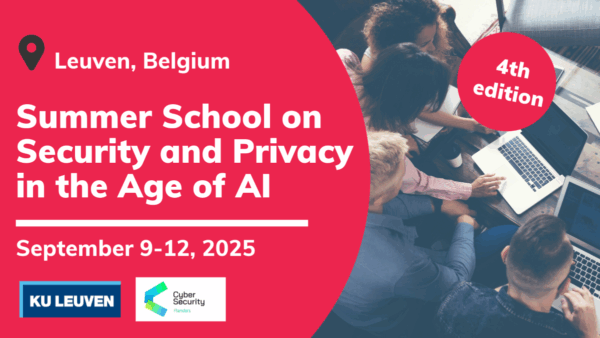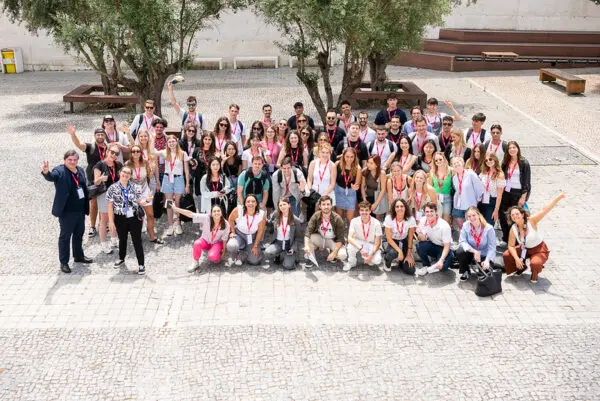
Leuven, Belgium
Summer School on Security & Privacy in the Age of AI
When:
09 September - 12 September 2025
Credits:
0 EC
Read more
Computer Sciences Summer Course
When:
05 July - 19 July 2025
School:
Institution:
Vrije Universiteit Amsterdam
City:
Country:
Language:
English
Credits:
0 EC
Fee:
1140 EUR

Data is everywhere but to retrieve the valuable insights requires important analytical skills. The large number of active programmers creating R packages makes R suitable for a range of data analysis techniques, from basic hypothesis testing to generalized linear regression, and multivariate analysis such as principal component, factor analysis, or clustering. You will apply what you have learned right away in short exercises using Rmarkdown. You will be graded using an assignment in which you will learn to deal with messy data and integrate the knowledge you obtained in the exercises. The course is highly intensive as it focuses both on interpreting statistics while also learning to program in R.
With the increasing use of programming languages in data analytics, now is the time to learn their ins and outs. This course focuses upon understanding statistical models and analyzing the results whilst learning to work with R. As well as introducing the software to newcomers, it presents basic and more advanced statistics using an overarching framework of the generalized linear model.
The first week is devoted to learning how to use R and regression analysis. We start with reading data into R, descriptive statistics and visual representation of data, which is the first step for statistical analyses. We then introduce the linear regression model, a widely used model with two main purposes: modeling relationships among the variables and predicting future observations.
In the second week, we will extend the linear model to the generalized linear framework, in order to analyze discrete dependent variables. The logit regression that you will work with, proves useful to understand the remainder of the course: classification. You will learn how to reduce data dimensions using principal component analysis and cluster analysis, and how to use the learned methods for prediction.
Every day consists of short lectures with examples, and exercises in which you apply what you have learned right away. The focus in the exercises and assignment is the coding in R and how to apply and to interpret generalized linear regression models. After class, you are supposed to work on an assignment in which you integrate what you have learned in the exercises during class. This assignment will be graded.
Dr Meike Morren
The course is highly intensive both in programming and statistics, which means it will be challenging to those who lack knowledge in both fields. Preferably, you have completed an undergraduate course in statistics, an acquaintance with basic linear algebra, the fundamentals of hypothesis testing, linear regression analysis and statistical tests such as the t-test. Although we will briefly go over these topics again to refresh your memory, we do not recommend this course to those who learn will these concepts for the first time. For people with programming experience (other languages such as Python), it might be possible to step in with little prior knowledge of statistics.
By the end of this course, students will be able to:
- Evaluate the quality of quantitative data sources
- Choose the appropriate method for analysis, depending on the data source
- Conduct various statistical tests
- Analyse data using generalised linear framework
- Analyse multi-item scales using principal components and factor analysis
- Have developed their skills in R programming
Fee
1140 EUR, Students
Students, PhD candidates and employees of VU Amsterdam, Amsterdam UMC or an Aurora Network Partner €765 Students and PhD candidates at partner universities of VU Amsterdam €1035 Students and PhD candidates at non-partner universities of VU Amsterdam €1140 Professionals €1360
When:
05 July - 19 July 2025
School:
Institution:
Vrije Universiteit Amsterdam
Language:
English
Credits:
0 EC

Leuven, Belgium
When:
09 September - 12 September 2025
Credits:
0 EC
Read more

London, United Kingdom
When:
21 July - 08 August 2025
Credits:
7.5 EC
Read more

Lisbon, Portugal
When:
14 July - 31 July 2025
Credits:
6 EC
Read more